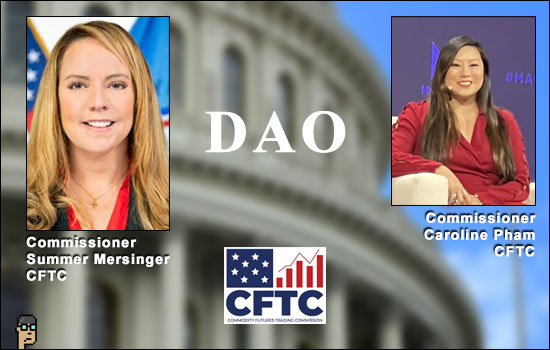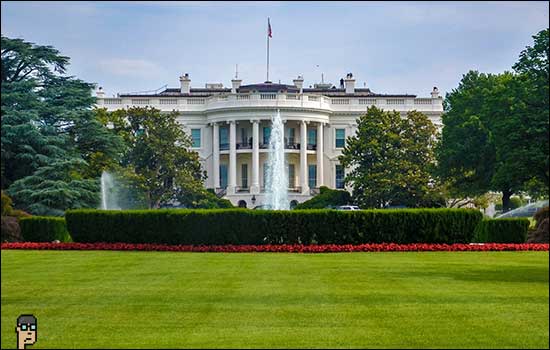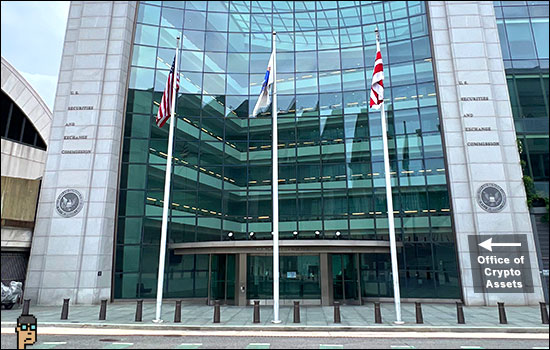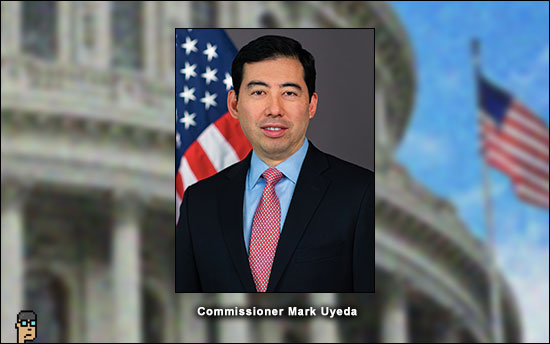At last week’s Converge22 conference in San Francisco, crypto regulation was top of mind for attendees and there was no shortage of relevant content across three days of programming produced by Circle, keepers of the USDC stablecoin.
In a panel titled “View from Across the Pond: Regulatory Change in the EU and UK,” participants reviewed where things stood in relation to the United States.
The panel’s premise was also a helpful reminder of how Facebook’s Libra/Diem project in 2019 inspired fearful regulators across the globe to urgently consider guardrails for the digital asset ecosystem.
As of June 2022 in the European Union, the passage of Markets in Crypto-Assets or MiCA regulation as well as the Transfer of Funds Regulation (TFR) delivered the first holistic regulatory framework for crypto for a large swath of the global population. (For a U.S. corollary, one might point to the proposed Lummis/Gillibrand “Responsible Financial Innovation Act” – a broad framework. Of course, it’s far from being signed into law.)
Patrick Hansen, who is arguably the top source of European Union regulation trends on crypto Twitter as well as an advisor to Presight Capital, joined the panel discussion along with Dr. Lisa Cameron, UK MP and Chair of the Crypto and Digital Assets.
Circle’s VP of Policy and Regulatory Strategy, UK/EU, Teana Baker-Taylor, steered the conversation.








